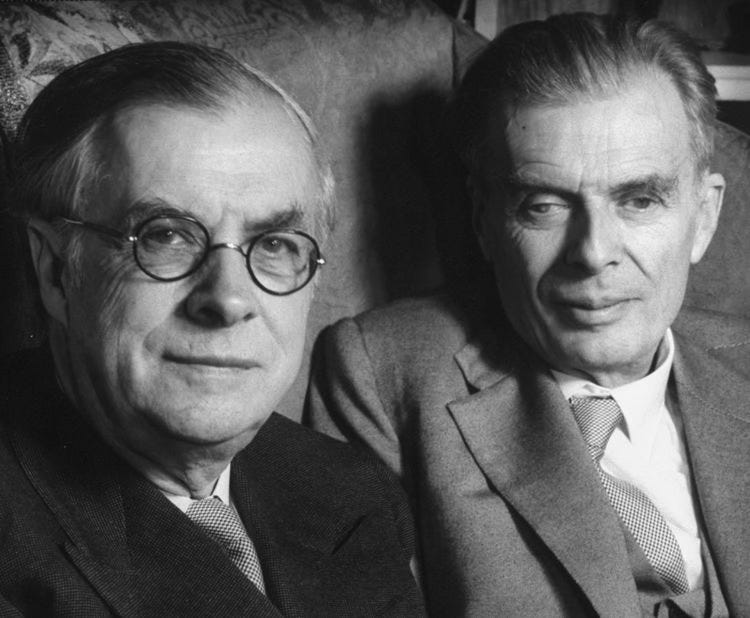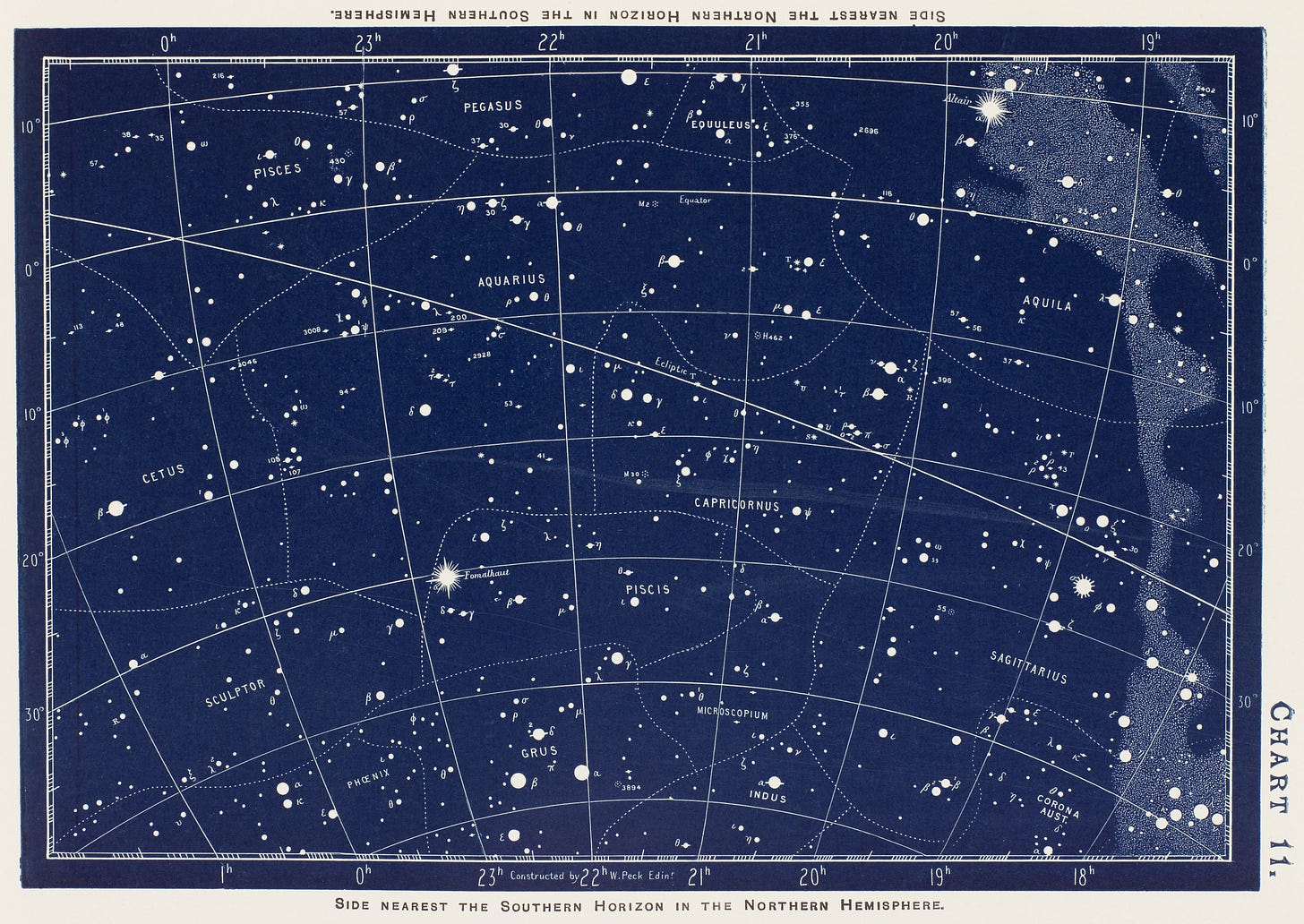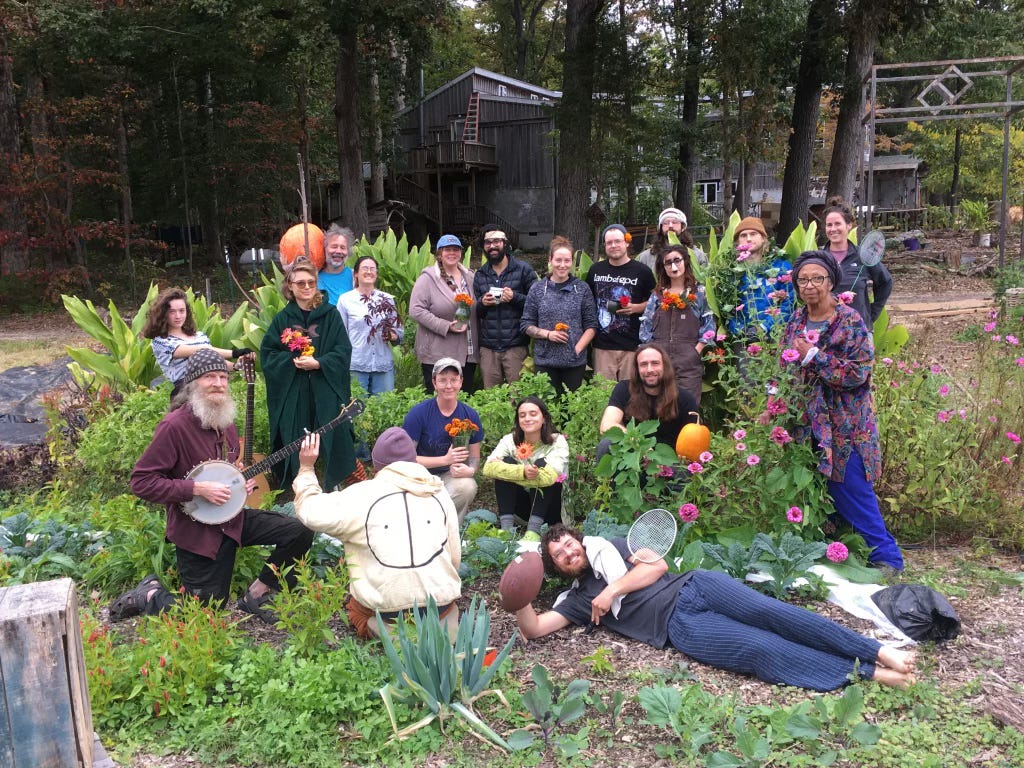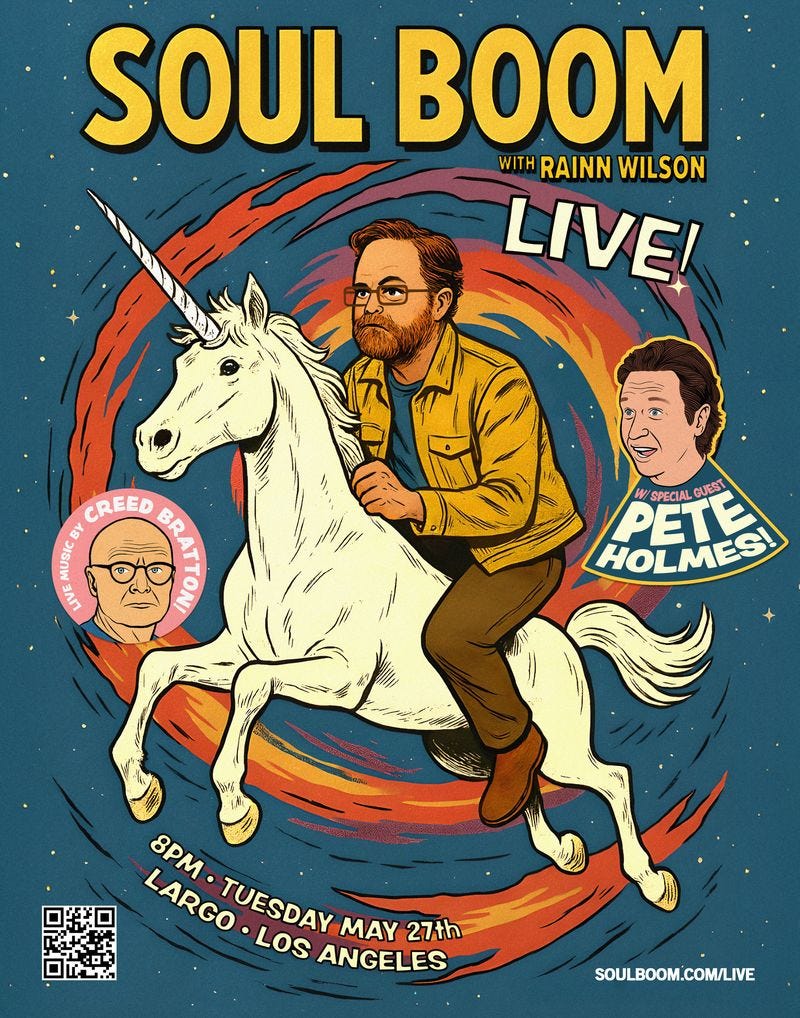Here we are. Stumbling out of the bar of history at 2 a.m.—dazed, disheveled, in the middle of a full-blown identity crisis—and trying to remember where we parked our soul.
One of the biggest problems we have? We can’t even agree on the nature of the emergency—let alone what to do about it.
Depending on who you ask, the biggest threat to humanity is:
The triple environmental crisis of climate change, pollution, and mass extinction
The… algorithm?
And so on.
Turn on the news or scroll your feed, and you’ll be greeted by a buffet of existential dread. We’ve got wildfires in forests, floods in basements, billionaires dreaming of Mars and siring legions, and political discourse that either sounds like a funeral dirge or a victory parade, either a sense of total collapse on one feed, or on the other, a projection of inevitable conquest.
In short: we’re living in interesting times.
And while there’s no shortage of diagnoses, hot takes, or top ten lists about what’s going wrong, there’s something deeper that often goes unspoken. It’s not just that the systems are breaking down. It’s that we don’t agree on what should replace them—or even what we value most. There’s no shared compass. No common map. Just a lot of lost angry alphas refusing to ask for directions.
Which brings us to a quote we find resonant to this moment:
“I would go so far as to say that the lack of a common frame of reference, the absence of any unifying set of concepts and principles, is now, if not the world’s major disease, at least its most serious symptom.”
Julian Huxley. Not exactly a household name these days, but in his time, he was kind of a big deal—an evolutionary biologist, UNESCO’s first Director-General, and a thinker with visionary ideas born of both science and lived experience. The guy had a ringside seat to both world wars, the birth of the United Nations, and the explosion of modern science. And what did he conclude?
Did he think the biggest threat to human progress was war, famine, or plague? No. He thought it was disunity.

He saw that without a shared story—a spiritual narrative, a moral framework, a reason to build anything together—we would drift apart like untethered astronauts. He believed in evolution, yes. But also in the evolution of consciousness, of values, of global cooperation. Huxley thought we needed something more than information. We needed wisdom. Shared ideals. A spiritual architecture for the human family.
Sound familiar?
Today, we have access to more knowledge than any other point in history. But we can’t even agree on basic facts. We’re flooded with content but starving for context. Surrounded by digital connections yet aching for belonging.
We have algorithms that know our every preference. But when it comes to the things that matter most—meaning, purpose, truth, justice, compassion—we’re still arguing about whether those things even exist.
So what would it look like to actually have a common frame of reference?
Not a global monoculture. Not a bland, beige sameness where everyone listens to the same playlist and quotes the same gurus. But a deep, resonant agreement about the fundamentals—for example, some basics like:
That every human being has inherent dignity
That every child is entitled to safety and love
That we are stewards, not owners, of the Earth
That truth matters
That we’re all in this together
It wouldn’t solve every problem. But it would give us a place to start.
Imagine a society where political debates are grounded in shared values, not tribal loyalties. Where science and spirituality are seen as partners, not enemies. Where your worth isn’t tied to your productivity or your follower count.
We know. This sounds lofty. Naïve, even. But maybe naïve is the new punk rock.
Because the alternative is what we have now: moral confusion, spiritual isolation, and the gnawing sense that everything is broken and no one has the instructions.
Julian Huxley warned us about this. He saw the cracks forming in our spiritual foundation nearly a century ago. And here we are, living in the house he tried to renovate, watching the ceiling leak and wondering who we can call to fix it.
So what now?
How do we begin to articulate a unifying set of concepts and principles for humanity? Who gets to decide what those are? What sources do we draw from—religions, philosophies, indigenous wisdom, scientific consensus, personal experience?
Here at Soul Boom, we believe this is one of the most important conversations of our time. We’re not here to prescribe a new belief system or build a utopia in a Google Doc. But we are here to stir the pot and ask the question:
What would it mean to create a common spiritual language for the human family?
A language that honors both the diversity of belief and the unity of purpose. A language rooted in love, justice, humility, and interdependence. A language that could help us name what we’re for, not just what we’re against.
We don’t have all the answers. But we believe that asking the question is sacred work.
When we tap our collective wisdom—not to be confused with the passions of the mob—we gain access to a kind of superintelligence that far surpasses the insights of any one person.
Which brings us back to good ol’ Julian Huxley himself. If you Google him, you’ll quickly discover Huxley also had some less-than-good ideas.
He was, at various points in his life, an advocate of eugenics and held troubling views about race and human “improvement.” He later revised or softened some of these beliefs—but the damage of that kind of thinking is real, and it lingers.
And that, ironically, makes his central point even stronger: the process of creating a “unifying set of concepts and principles” and arriving at a shared moral foundation can’t come from one person’s brain, no matter how smart they are.
It has to come from us—all of us.
From honest dialogue. From deep listening.From learning how to disagree without destroying each other.
From creating a space big enough to hold diverse experiences, spiritual traditions, ancestral wisdom, and new insights.
‘Abdu’l-Bahá once said that the shining spark of truth emerges from the clash of differing opinions. But it’s the ideas that clash—not the egos. Not the people.
When we join forces and take counsel together—across differences, across traditions, across generations—something truer emerges.
A unifying set of values doesn’t mean uniformity. It means alignment—a collective compass built by many hands, not handed down from a podium.
And part of that process—maybe the most sacred part—is that it allows us to weed out the bad ideas.The exclusionary ones. The supremacist ones.
Even the toxic ones offered by brilliant people with otherwise great ideas.
Because the goal isn’t perfection. It’s progress made together.

If we’re all navigating by different lights, we may just keep crashing into each other—never finding the world we’re all hoping to call home.
We’d love to hear your thoughts in the comments below:
What are the fixed stars we might steer by?
What shared principles could help guide humanity forward?
—The Soul Boom Team
And if you’re in LA next week—
Tickets are still available for our first-ever Soul Boom Live!
And now we can share the news!
Our special guest is… PETE HOLMES!
Yes, that Pete Holmes.
Beloved comedian, actor, podcaster, spiritual seeker, and all-around radiant human.
So join us:
Tuesday, May 27 at 8 PM at Largo at the Coronet in L.A.
Creed Bratton (yes, Creed from The Office) will be opening the night with his fantastic music!
✨ It’s going to be hilarious, heartfelt, and very Soul Boom—don’t miss it ✨







I read two things this morning. A newsletter from Oliver Burkeman and this article from Soul Boom. Both of them spoke of the value of naïveté. And I think they both imply that naïveté is sometimes a component of hope, or maybe a component of good faith, or a lens through which to see a positive possibility for the future. I’m simultaneously compelled and repulsed by the idea of a need to be naive. And yet - in my naive youth, I certainly pursued things in complete naïveté that ultimately led to some of the best parts of my life today.
HURRICANE SEASON 2025
The American Dream is a delicate one. Democracy requires a huge amount of attention. And the most massive bulwark in the way of keeping the dream alive is that Homo sapiens have a very hard time remembering what we set out to do. Watch Daniel Day Lewis as Lincoln again and REMEMBER just how difficult keeping the Dream alive actually is. AND, now, in 2024 Homo sapiens seriously entered the 6th Extinction with 1.5 Temperature globally. SO, no matter what sort of used-car-sales-types have won the political bruhaha, Mother Nature is boss. She brought us in and she’s gonna take us our FOR SURE. So, the first big question is: What will Prez47 do when the 2025 Hurricane season jump-starts next month.